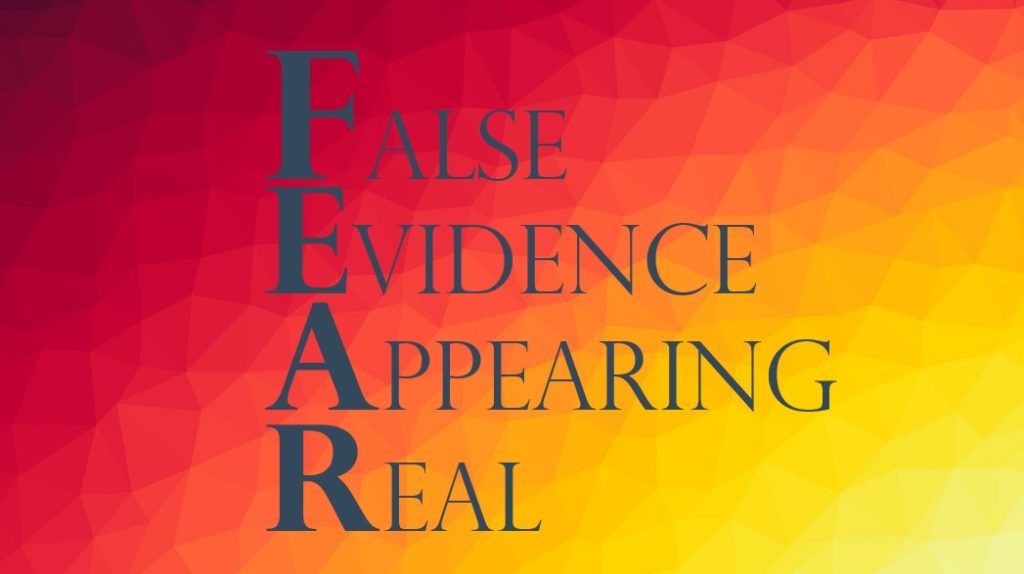Self Talk
We all do it. You do it too: self-talk. It can take you down a spiral of emotion, leading to untrue thoughts and unwarranted feelings. If we back up in those moments of darkness, and see how we got to the state we’re in, we may often find it started with self-talk. So let’s talk about how to stop self-talk, particularly when it’s negative.
First, not all self-talk is bad. Ever listen to those self-help gurus and their positive-thinking mantras? Telling yourself you can, believing in a goal, or thinking positively can boost your confidence and your energy. But what do we do about negative self-talk?
The Negative Side
If you want to stop the bad self-talk, it might help to understand the negative side. There’s a few types of self-talk to avoid and the first step is recognizing them. Aisha Beau writes for Shine, a mental wellness app, and talks about this here. She talks about the different types of negative self-talk:
- Personalizing – It’s the “my fault” method. When something bothers you, even if it’s someone else’s action, you blame yourself. “They don’t like me.” “I did something wrong.”
- Filtering – You push out all the positive aspects to focus on the negative aspects. Maybe you forgot to complete a project on time but you rocked it on several others that week.
- Catastrophizing – This is thinking the absolute worst of any situation regardless of the likelihood. If you don’t hear back from a job interview, you assume you’re being rejected. You think no one will hire you. You begin to think about losing your house, your car, then going bankrupt… down the spiral you go.
- Polarizing – With this, your mind goes to the extremes. You’re either doing something perfectly or you’re a complete and utter failure. You have an assignment due and you’re spending time on all the details to make it just right, but something isn’t up to snuff and you decide to scrap the whole thing and start over.
Turn It Around
So how do we stop the negative self-talk? We need to turn it around. Each type of negative talk has a counter method. Let’s run through those first.
- Personalizing – Is it really your fault? Look at it logically and try to find the evidence. Remove thoughts and feelings from facts and just review the facts.
- Filtering – Write it down – all of it, good and bad. You may find the good outweighs the bad after all.
- Catastrophizing – Try thinking of the absolute best to combat this. Then think about the most likely scenarios which will probably fall in the middle. Is the worst really the worst? Is it really likely?
- Polarizing – Be kind to yourself. No one is perfect and no one is that awful. We’re all in the middle somewhere and always doing our best. Cut yourself some slack and keep on keeping on.
Another way to turn it around is simply to counter that negative self-talk with some positive talk. Here’s some examples:
- “He doesn’t like me so he won’t text me back.” → “He’s probably busy. I have other things to do while I’m waiting for a response.”
- “Everything is going wrong and I can’t catch a break.” → “I have more good happening than bad so I should let this roll off my back.”
- “This is the worst possible thing that could happen.” → “I can handle this and better things are on the horizon.”
- “No one will agree with my idea so why bother mentioning it.” → “It’s worth mentioning and maybe it will lead to another idea if it doesn’t work.”
Negative self-talk leads us into a whirlwind of mental darkness. Let’s turn on the light and see that it’s just our emotions getting the better of us. We can control our thoughts by focusing on facts, the truth, and a better perspective. We need more positivity. Let’s work on ending the cycle of poor self-talk and start encouraging each other, starting with ourselves.
